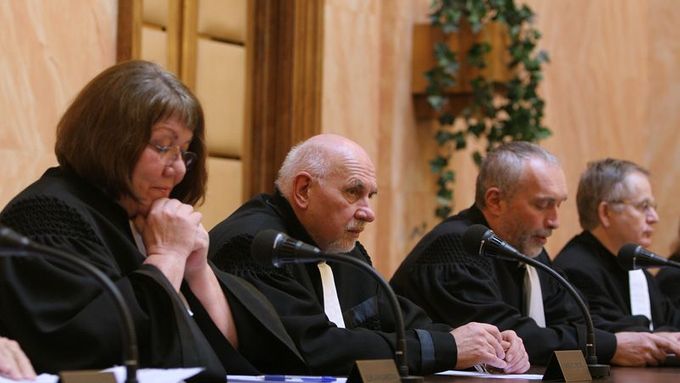Brno - Jehovah's Witnesses have finally lost the six-year-long battle with the state over whether its members can keep the seal of confessional.
The Constitutional Court has turned down their complaint against the proceedings of the Ministry of Culture, the Prague City Court and the Supreme Administrative Court.
In 2001, 23,162 people registered as Jehovah's Witnesses during the census in the Czech Republic.
What the law says
Jehovah's Witnesses did not meet the legal conditions. According to the Ministry of Culture, most importantly the institute of seal of confessional has not been a part of its teaching for fifty years. Moreover, this institute concerns priests only and Jehovah's Witnesses do not have this class of clergy.
This interpretation was confirmed by the courts.
"If the persons the claimant (the religious society) claims they act as clergymen are not transparently mentioned and endowed with this right in its official documents, they cannot be clergymen in a legal sense," Constitutional Court's Senate lead by Stanislav Balík said.
Elders are no clergy
According to the Act on Religious Freedom and Status of Churches and Religious Societies, the registering church has to submit a document describing the ways of appointing and recalling clergymen.
Jehovah's Witnesses however wrote in the document that they had no class of clergy.
Jehovah's Witnesses call their leaders elders or servants.
The Witnesses wrote in the constitutional complaint that the elders' activity corresponds, in fact, with the status of the clergy in other churches and societies. Therefore they should also have the right to keep the confessional secret.
However, neither the authorities nor the courts accepted this argument.
Courts will not violate seal of confessional
The seal of confessional guarantees that none of the things the clergyman learns during a confession gets to the public or a third person. This concerns also the period after the confessor's death. Priests who violate confessional secret may be excommunicated from their church.
"The priest is not allowed to reveal the secret directly or speak about it indirectly so that the propitiator is recognised," Father Norbert M. Badal wrote in Katolický týdeník (Catholic Weekly magazine).
The priest's professional seal of confessional is based on the institute of a canon law in the Codex iuris canonici. This says that the professional seal of confessional is superordinate to secular regulations.
The seal of confessional thus should not be violated even if the court ordered so.
